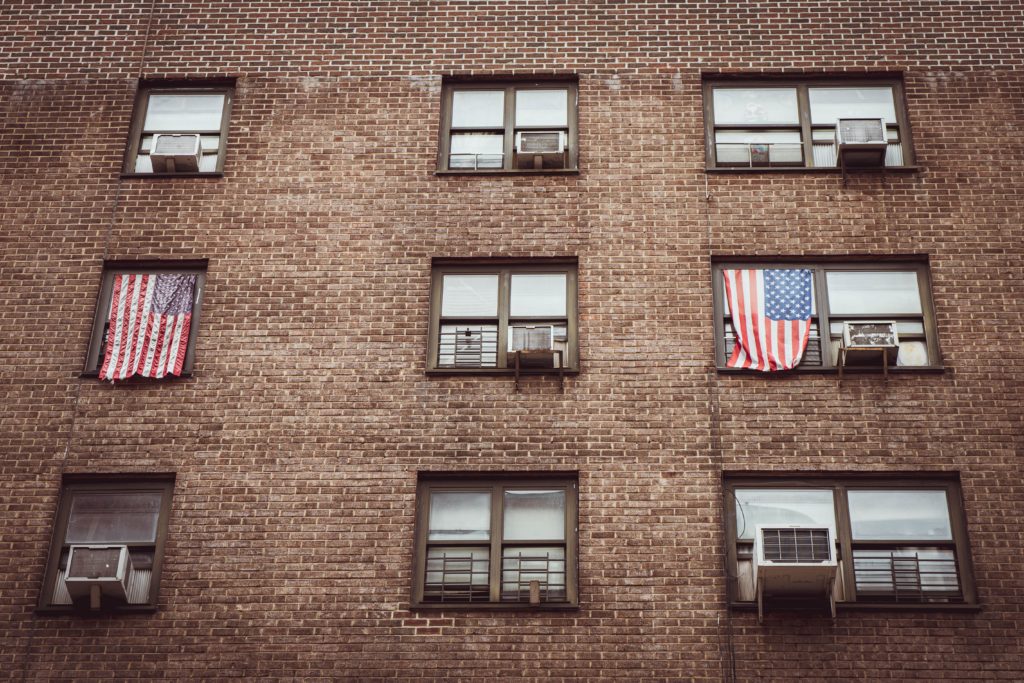Read of the week: Heat
I know Jeff Goodell’s work on climate and climate change from his book, “The Water Will Come.” He also writes for Rolling Stone. In 2019, he asked, “Can we survive extreme heat?”
And this week, Goodell zooms in further, also in Rolling Stone, by calling out the conundrum of air conditioning: “What it comes down to is this,” he writes, “By cooling ourselves off, we risk cooking ourselves to death.”
Deadly heat is the most direct consequence of climate change, Goodell writes, and heat disasters on the scale of Hurricane Katrina are “a question of when, not if,” according to one expert he interviews in this deep dive into the effect of heat on the planet, communities, and the human body.
There are many city- and region-wide solutions we can deploy long-term against extreme and persistent heat, Goodell points out, including global action against climate change: “But so far, we haven’t.”

The main technology we’ve deployed so far against extreme heat — air conditioning — causes as many problems as it solves.
This week, as temperatures soar in Las Vegas, California and the Pacific Northwest, Goodell writes that America’s favorite way of dealing with heat – air conditioning – is only cooking our planet faster.
Natural disaster bonus: As a child of the Midwest with an abiding fear of tornadoes, I was delighted to discover in Wired this week that I could have survived the Tri-State Tornado, had I been alive and in Gorham, Illinois on March 18, 1925, by taking cover in “the lowest, smallest corner” of a certain house on Park Street. That is, if I knew what was going to happen. This is a weird article, but it tells me more than I want to know about the formation of America’s scariest weather events.